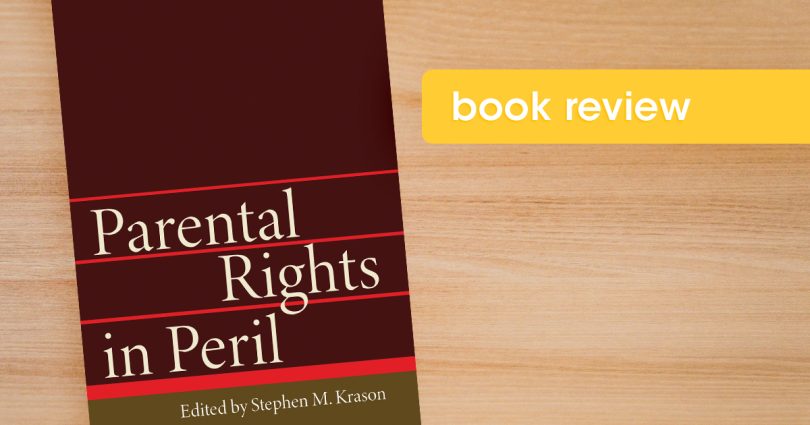By John M. Grondelski
The ongoing encroachment upon and usurpation of parental rights vis-à-vis their children is an expanding phenomenon. This book, the product of a 2021 conference at Franciscan University, is a collection of papers by 13 authors (e.g., Cathy Ruse, Patrick Lee, Anne Hendershott, Michael Farris, and more) addressing the philosophical and American legal foundations of parental rights before tackling four major areas in which they are under attack. The latter include medical issues broadly understood (efforts to restrict parental knowledge about adolescent healthcare and physical exams, abortion, and transgenderism); education (with specific focus on sex education and attacks on homeschooling); child protective services (the rationale behind its almost unchecked power to intervene in families’ lives, with specific attention to poor and minority families); and the broader issue of social welfare policy (whose effect has been to weaken the American family and enhance governmental power through economic dependency).
Readers of this journal are likely to be most interested in the subversion of parental rights in the medical arena. Among the corrosive consequences of Roe v. Wade was the erosion of the principle that any medical intervention involving a minor child required parental consent, normally prior to a procedure. Abortion became the Über-Recht, able to overturn long-established legal principles in a single bound. For instance, a school won’t give a child an aspirin without reams of parental consent forms but conspires to provide “access” to abortion behind a veil of parental ignorance.
Justification for nullifying parental consent took three basic forms: 1) “public health” (i.e., the state using its police powers to carve out whole swaths of “sensitive” medical decisions, including abortion, contraception, venereal disease treatment, and transgender “medicine” as well as sex education that approves them); 2) the “mature minor,” who should be able to make decisions that have a lifelong medical impact on them (as opposed to the life-altering consequences of a Tylenol); and 3) the “autonomy” argument that basically pits children’s “rights” as “autonomous moral agents” against parents, whose “no” earns the default suspicion of “abusive.”
To read the remainder of this article, visit clmagazine.org/post/review-parental-rights-in-peril.
To read more inspirational and educational articles, visit clmagazine.org.
